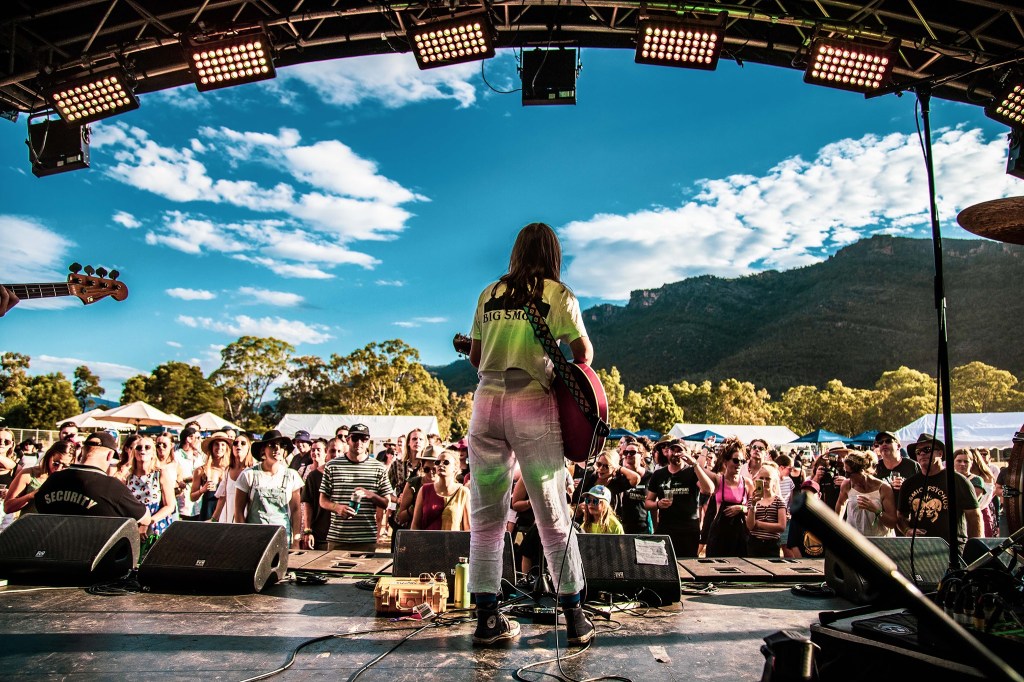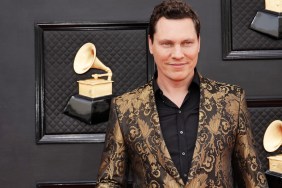Grampians Music Festival is a cultural experience like no other. Nestled between lush bushland and the striking cliff faces of Halls Gap in regional Victoria, it’s a music festival that puts inclusivity and local musicians ahead of big names and commercial appeal. Led by Julia Jacklin, Ecca Vandal, DRMNGNOW and Maddy Jane, women (or bands with at least one female) make up…

The festival landscape has undergone major upheaval in the last three years, and Covid’s long-term impact on the music industry…










